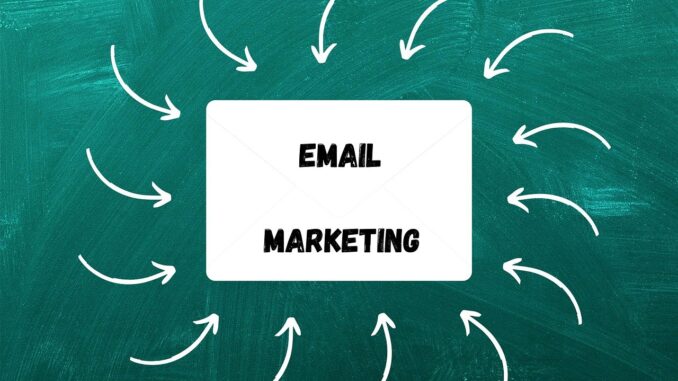
Email marketing has long been heralded as one of the most effective digital marketing strategies. However, many businesses still wonder: can email marketing be ineffective? In this article, we’ll explore the various factors that can lead to unsuccessful email marketing campaigns and provide insights on how to improve your approach.
Contents
Understanding Email Marketing
Email marketing involves sending targeted messages to a group of individuals via email, typically with the goal of promoting products, services, or brand awareness. While it can be a powerful tool, it’s important to recognize that not all email marketing efforts yield the desired results.
Common Reasons Email Marketing Can Be Ineffective
There are several reasons why email marketing can fall short of expectations. Below are some of the most common pitfalls:
- Poor Targeting: Not segmenting your audience can lead to irrelevant messages reaching the wrong people.
- Weak Subject Lines: A lackluster subject line can result in low open rates. If your email doesn’t grab attention, it will likely be ignored.
- Spam Filters: Emails that trigger spam filters will never reach the inbox of your intended audience.
- Inconsistent Branding: Emails that don’t align with your brand’s voice or visual identity can confuse recipients.
- Content Quality: Poorly written or unengaging content can lead to high unsubscribe rates and low engagement.
- Ignoring Mobile Optimization: With many users checking emails on their mobile devices, failing to optimize for mobile can alienate a significant portion of your audience.
Assessing Your Email Marketing Strategy
To determine if your email marketing efforts are ineffective, consider conducting a thorough assessment. Here are key areas to evaluate:
1. Metrics and Analytics
Use metrics such as open rates, click-through rates, and conversion rates to gauge the effectiveness of your campaigns. If these numbers are below industry averages, it may indicate issues with your strategy.
2. Audience Feedback
Soliciting feedback from your audience can provide insights into what they like or dislike about your emails. Consider sending out surveys or encouraging replies to gather opinions.
3. A/B Testing
Implement A/B testing to determine which elements of your emails perform better. Experiment with different subject lines, layouts, and content to see what resonates with your audience.
How to Improve Email Marketing Effectiveness
If you find that your email marketing is ineffective, don’t worry! There are several strategies you can implement to enhance your campaigns:
- Segment Your Audience: Divide your email list into segments based on demographics, behaviors, or interests. This allows you to send more relevant content.
- Create Compelling Subject Lines: Use action-oriented language and create a sense of urgency or curiosity to entice recipients to open your emails.
- Optimize for Deliverability: Clean your email list regularly to remove inactive subscribers, and ensure your emails comply with anti-spam regulations.
- Enhance Content Quality: Focus on delivering valuable, engaging content that meets the needs and interests of your audience.
- Design for Mobile: Use responsive email design to ensure your emails look great on any device.
- Use Personalization: Personalize your emails by addressing subscribers by their names and tailoring content to their preferences.
Best Practices for Effective Email Marketing
To maximize the effectiveness of your email marketing campaigns, consider the following best practices:
1. Build a Quality Email List
Ensure that your email list consists of individuals who have opted in to receive your communications. This improves engagement and reduces the likelihood of your emails being marked as spam.
2. Maintain Consistency
Regularly send emails to stay top-of-mind with your audience. However, avoid overwhelming them with too many emails, which can lead to unsubscribes.
3. Monitor and Adapt
Continuously monitor your email marketing performance and be willing to adapt your strategies based on the data. Trends change, and staying flexible can help you maintain effectiveness.
Conclusion
While it is possible for email marketing to be ineffective, understanding the reasons behind poor performance allows you to make necessary adjustments. By focusing on targeting, content quality, and best practices, you can significantly increase the effectiveness of your email campaigns.
In summary, yes, email marketing can be ineffective if not executed properly. However, with the right strategies and continuous improvement, it can also be one of the most rewarding marketing channels you utilize. Take the time to assess and refine your approach to ensure you’re getting the most out of your email marketing efforts.